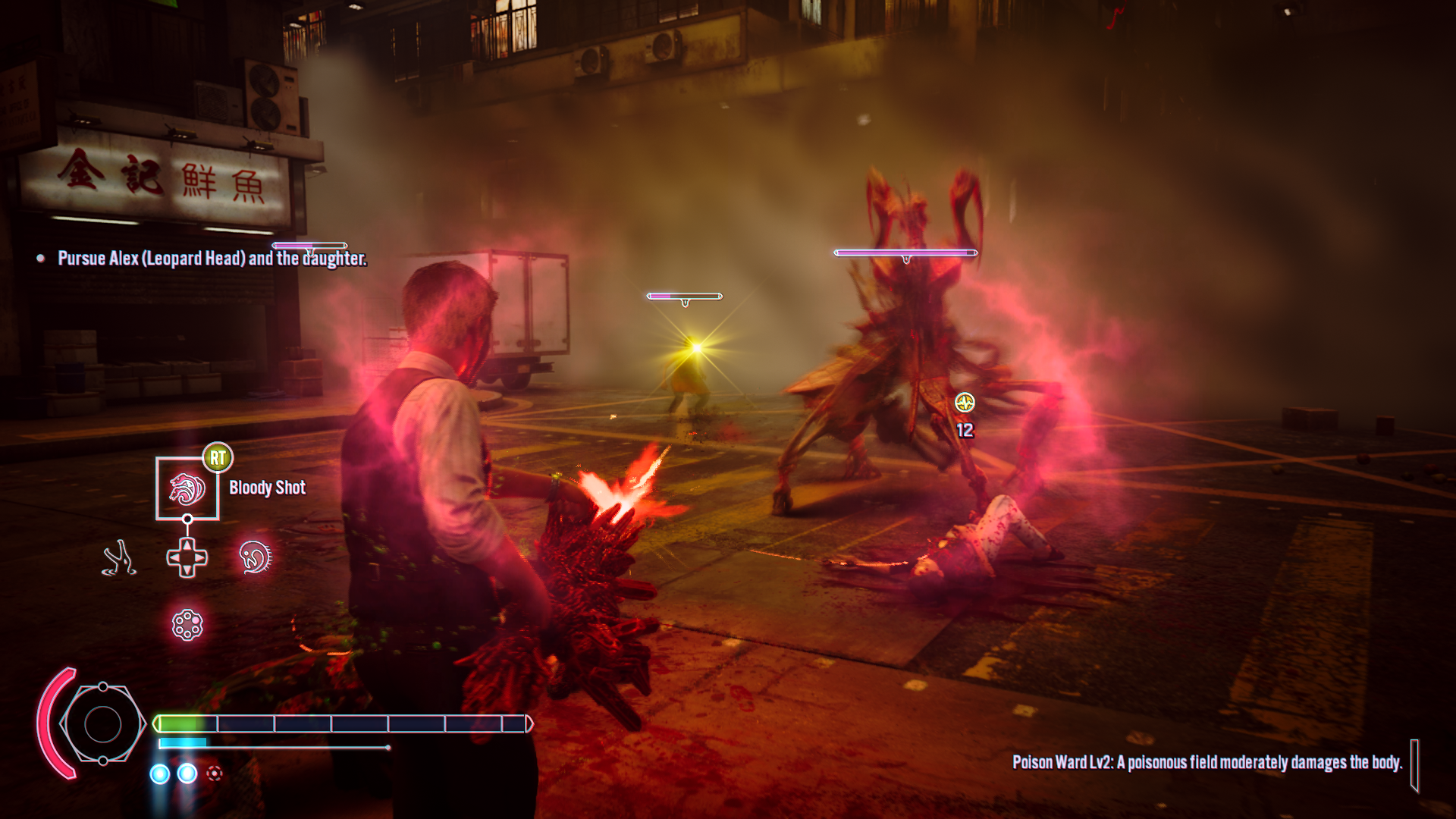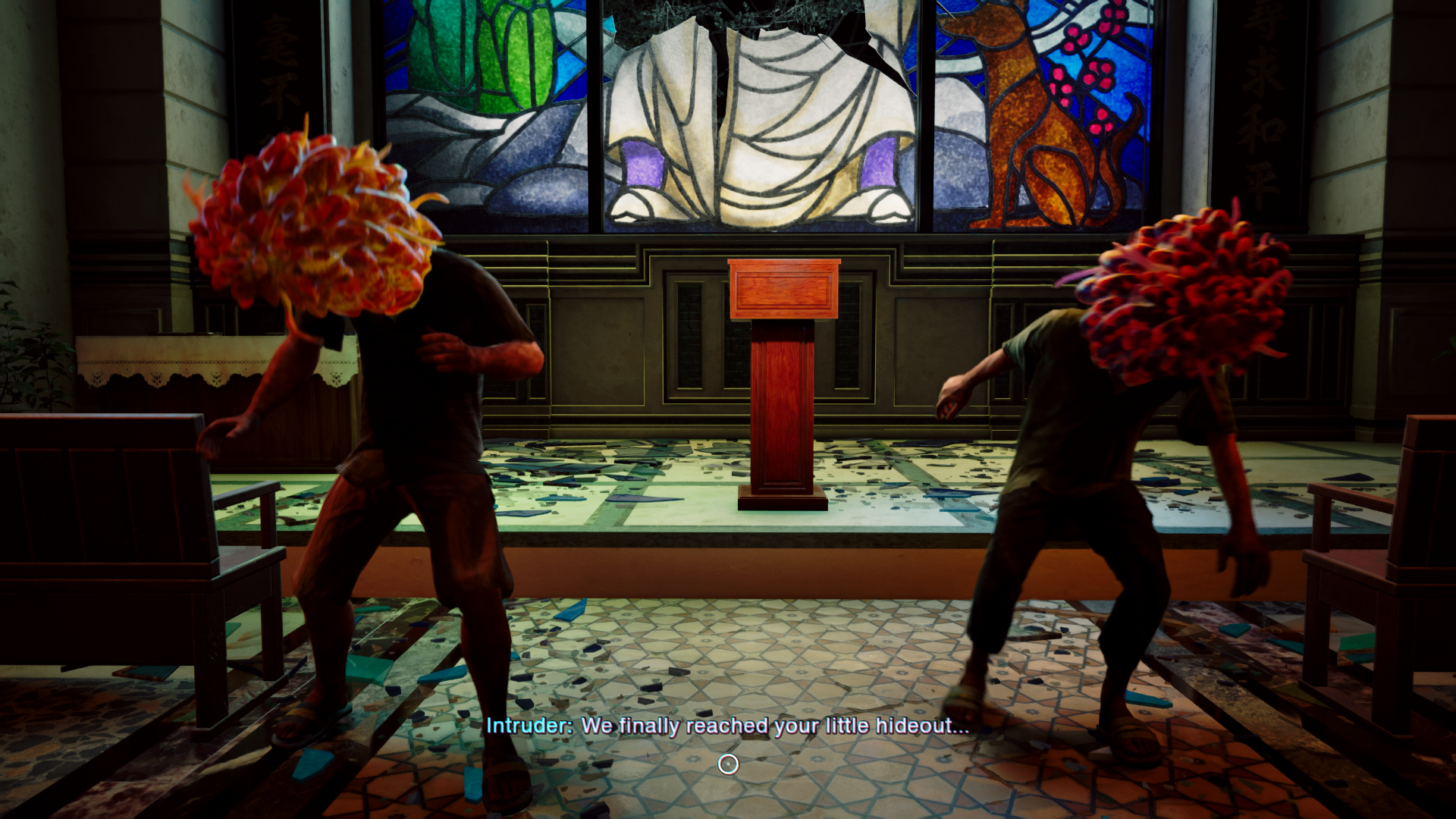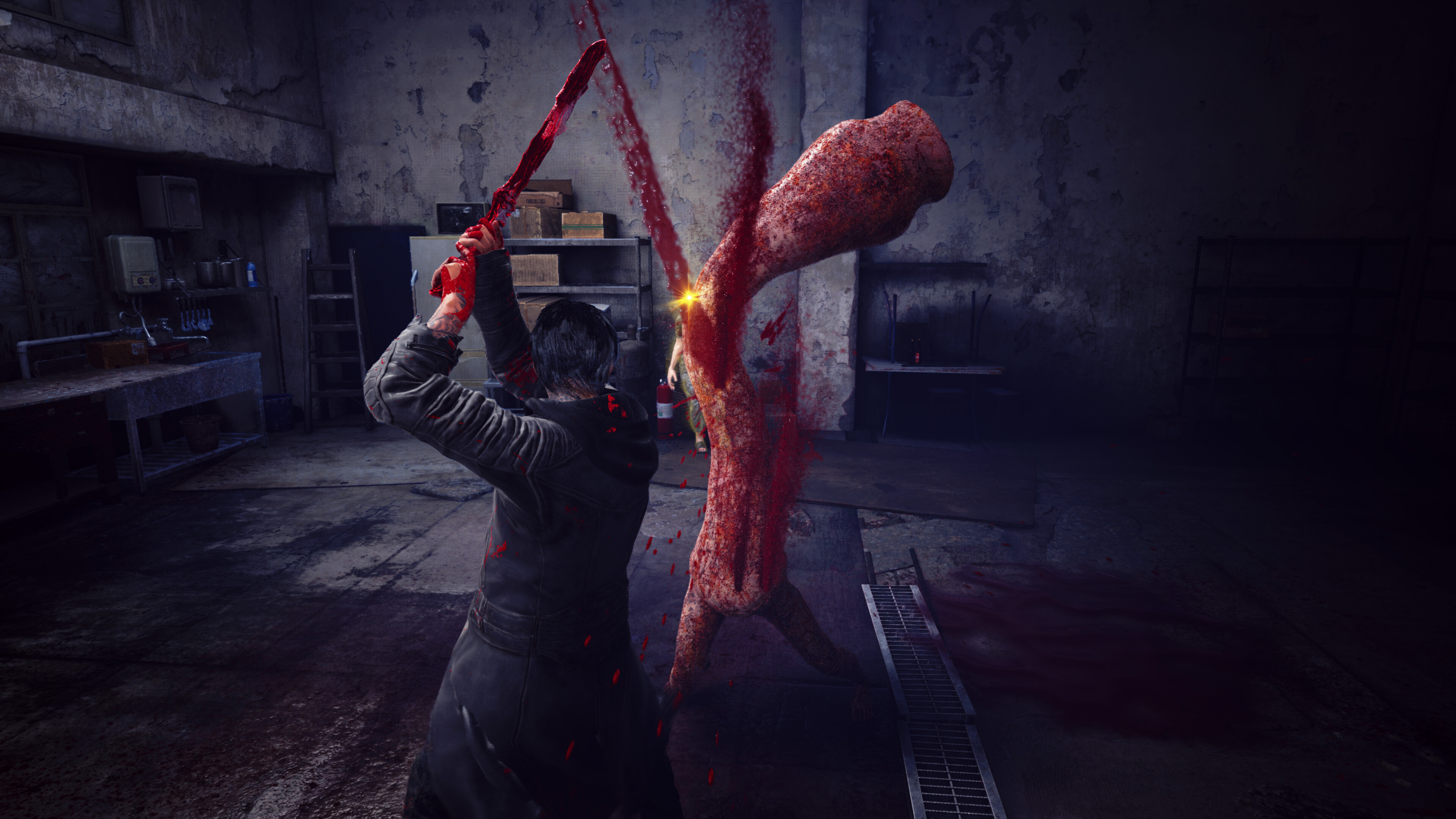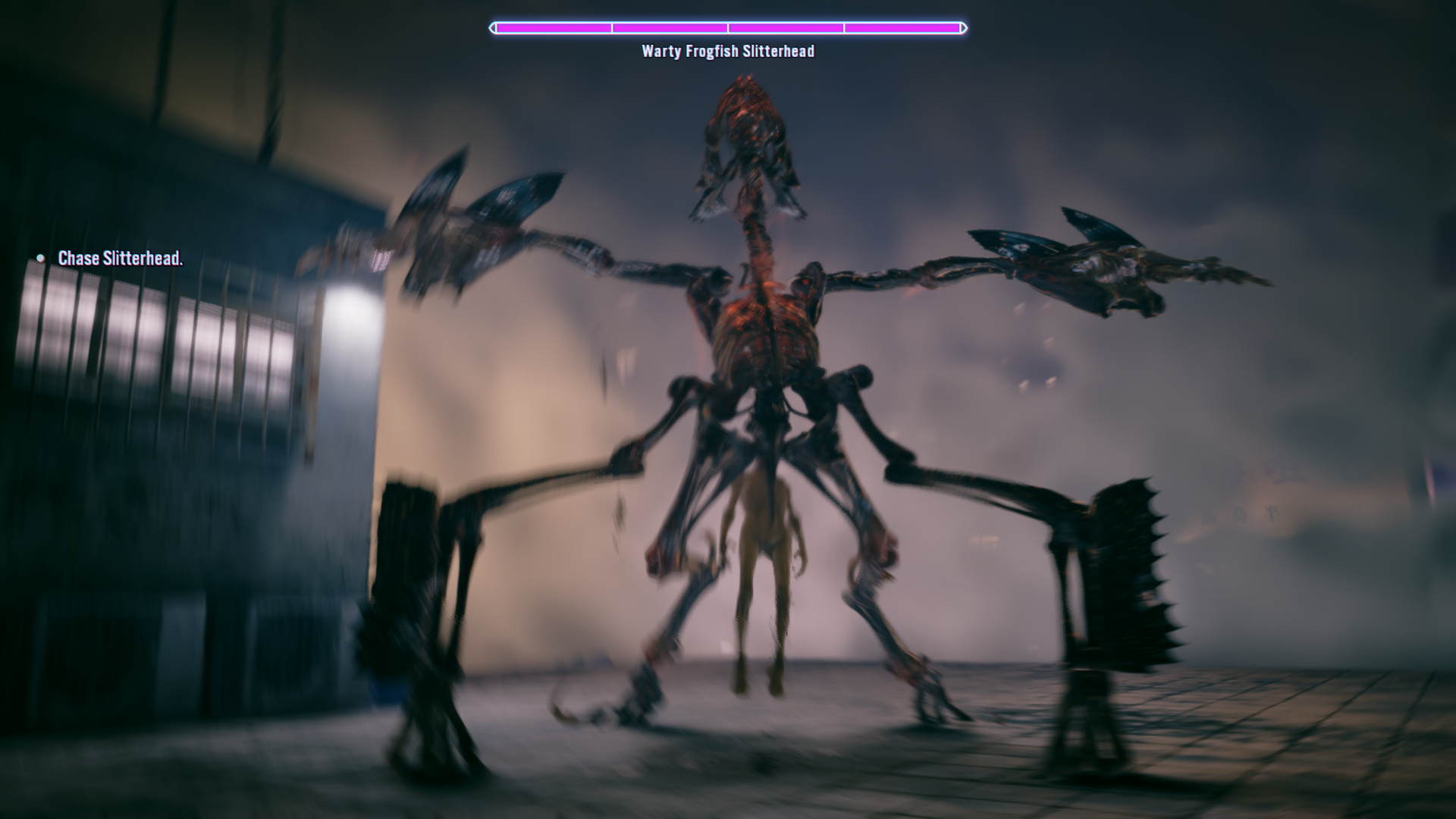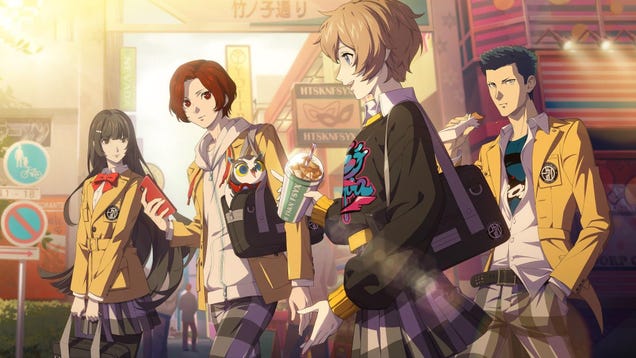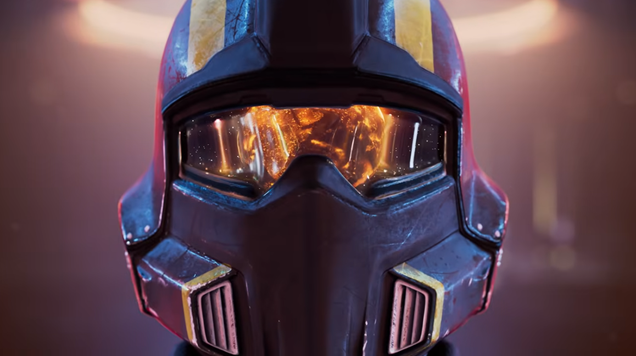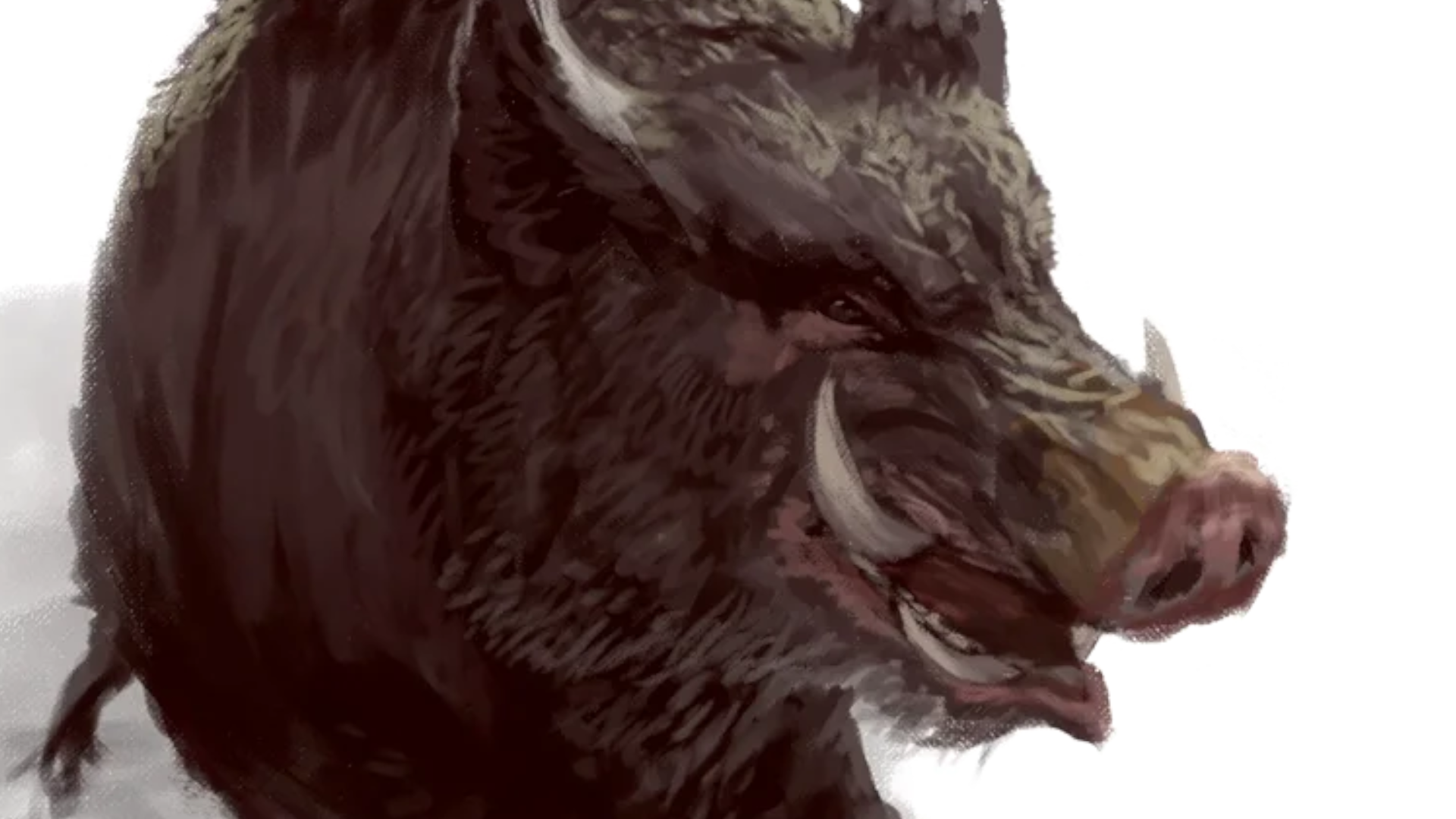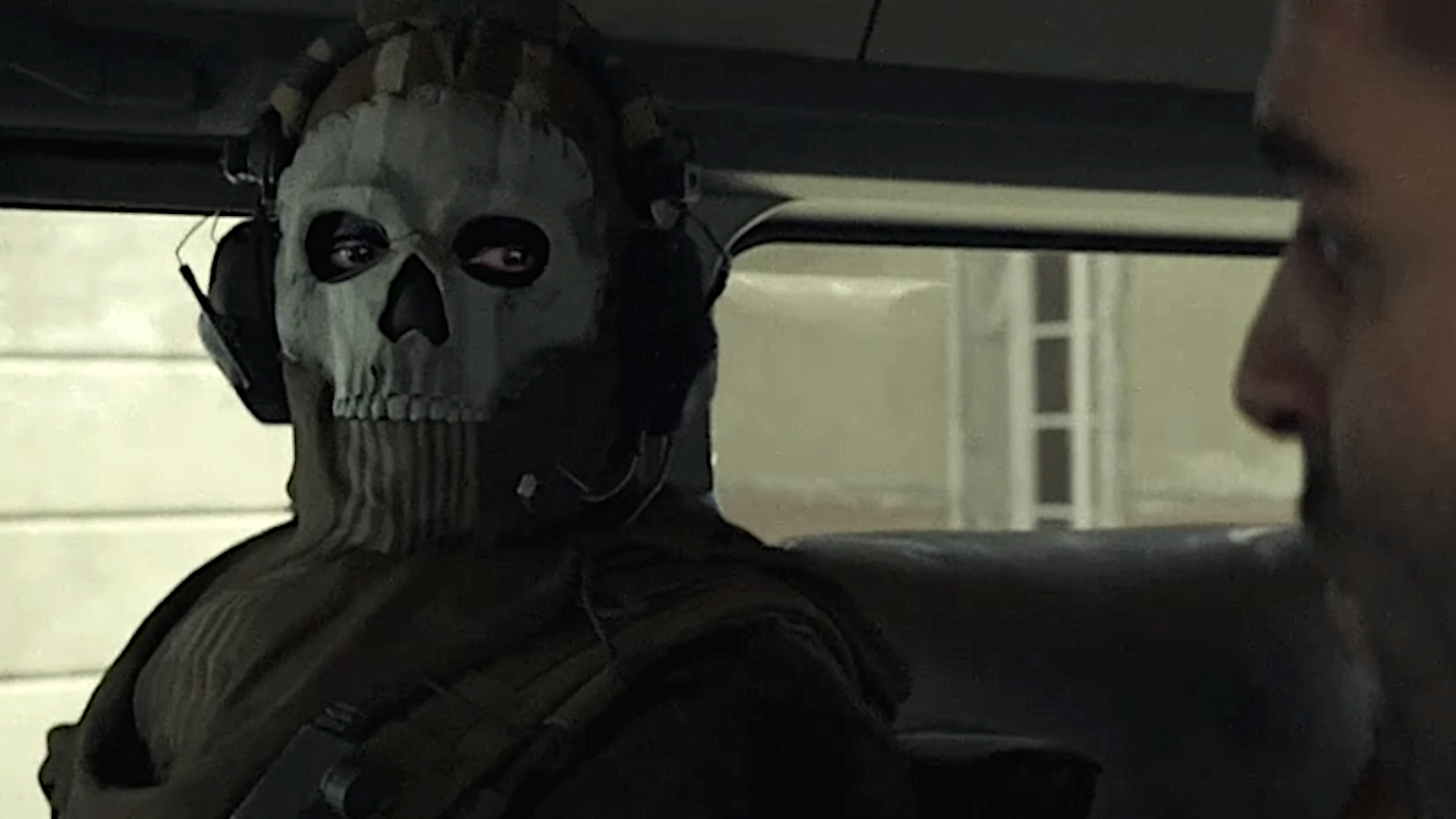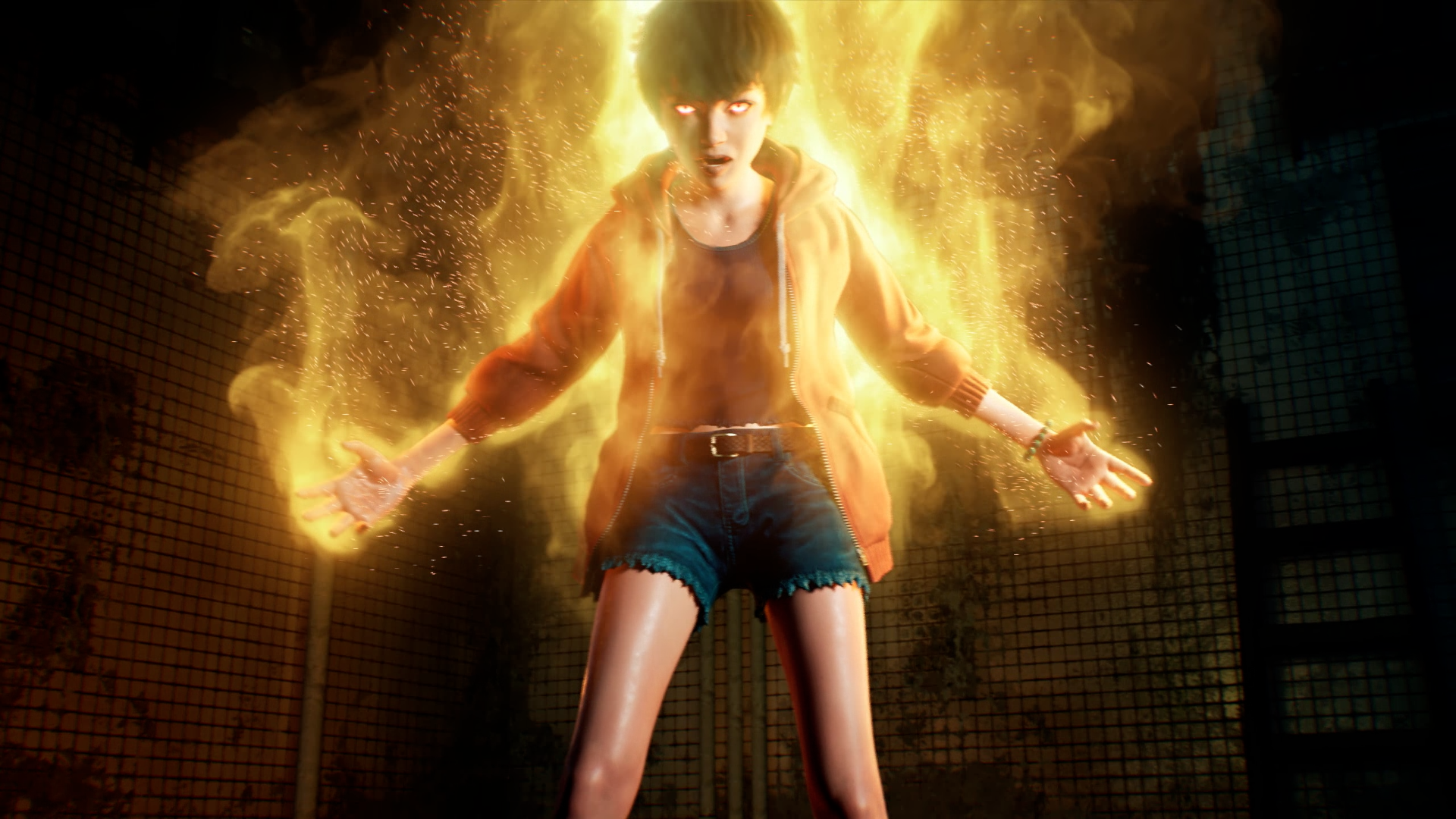
There will be blood.
What is it? A blood-soaked action game where you quantum leap into different bodies to fight monsters.
Release date November 8, 2024
Expect to pay TBA
Developer Bokeh Game Studio Inc
Publisher Bokeh Game Studio Inc
Reviewed on Gigabyte G5 (Nvidia RTX 4060, Intel Core i5 12500H, 16GB DDR4-3200)
Steam Deck TBA
Link Official site
From the creator of Silent Hill and Forbidden Siren comes a game that spits in the eye of survival horror. Slitterhead is a bloody ridiculous action slaughterhouse. True, there’s tons of Cronenbergian monstrosities to battle, and lots of unpleasant things happen to people’s constantly popping-off heads. But this is pure schlocky pulpy nonsense, with few genuine scares to be had in a game where you lob spears made of gore at beasties and try not to giggle at ‘blood’ being the prefix to practically every other word in its vocabulary.
You play a mysterious floating entity with no memories (of course) who can possess almost any NPC in the game. You spend your initial moments bouncing between bodies until someone down a dark alley greets you with their head exploding, revealing your first Slitterhead underneath—the game’s monstrous antagonists. They’re gloriously horrible, especially when they reveal their massive final forms, as if the designers saw a typical Resident Evil boss battle and thought ‘hmm, far too understated and subtle’.
Luckily, you can fight back with any NPC you possess. Less luckily, most people are easily slaughtered by Slitterheads in just a few hits. So you’re encouraged to constantly hop between civilians, with a brief damage bonus each time you do. But if you die three times before escaping your host body, it’s game over. Slitterhead is no open world game, but its large NPC-packed levels are still a great showcase for this impressive body-hopping tech, bringing back fond memories of the criminally-underplayed Driver San Francisco.
Whacking a Slitterhead in the back, watching it turn its understandably-angry attention onto you, then leaping into another body behind it and hitting it in the back again is a delightfully cheap treat. NPCs can also lob a sort-of blood grenade, though ripping vital fluids out of your own body understandably comes with a steep health cost. Fortunately you soon meet Julee, a ‘rarity’ who unlocks a host of new powers when you first possess her.
Julee can grow huge Wolverine-style claws out of her hands made out of (you guessed it!) surprisingly solid blood. Rarities are made of slightly sturdier stuff, and are discovered at a decent clip, keeping combat varied with new powers. Anita’s Devil Scent summons a crowd of NPCs, and that pairs perfectly with her Mind Hack that makes them all go on the attack, no pesky possession required. Blake’s Bloody Shot is essentially an OP minigun firing blood bullets, and I’d like to take this opportunity to thank it for helping me get this review done on time.
Angry misery-guts Alex also gets an excellent blood shotgun that, together with his power to pull every enemy into the same spot, enables some hugely-satisfying deathblows. It takes an age to charge up, mind, so naturally you want to use rarities that complement each other’s power sets (you can bring two along each level). Sometimes it feels like trying to play a hero shooter in single-player, and often it’s as giddily rewarding—and occasionally incomprehensible—as that sounds.
Blood simple
Outside of the ferocious core combat, however, the game struggles. Slitterheads can disguise themselves as regular humans and levels often start with you hunting them down. There’s little challenge here, as the screen distorts and all-but-points you in the right direction. You can even press a button to see the action from the Slitterhead’s POV, a mechanic that’ll feel familiar to Forbidden Siren veterans. Once you’ve tracked down your target, you check if they’re a Slitterhead by, brilliantly, spraying blood over them. Inconspicuous!
Often the Slitterhead will then attempt to flee, beginning a chase sequence. These can be exhilarating, as you hop between bodies to make up the distance and keep firing attacks like poison darts to wear them down. The problem starts with the ‘blood jump’. Or, to give it its full, unofficial name, the ‘blood-y awful jump’. These huge leaps into the sky are completely context-sensitive, a tiresome bit of game design I really can’t wait to go extinct. They often grind a chase to a halt as you spin the camera around, looking for the stupid prompt to tell you the specific spot where you can blood jump to next. It’s a good thing there isn’t a time limit.
Hang on, why isn’t there a time limit? Surely the desperate pursuit of a Slitterhead before they gobble up another victim should be the game’s great motivator? Nope, you have all the time in the world. It’s really deflating to sprint around a corner during a dramatic chase only to catch the Slitterhead patiently waiting for you.
Likewise the initial search for a Slitterhead feels frustratingly limited. You can’t spray blood on anyone but the target, which feels like a missed opportunity for some fun detective work. The game also never exploits the fact that these are monsters who feed on people to build urgency. Pop into their POV and you’ll find them just casually hanging around, basically on a smoke break, instead of about to feast on a fresh victim that only you can save.
Maybe I just want to save people because of my guilty conscience, since the game is hilariously blasé about collateral damage. Julee teams up with you because she wants to stop Slitterheads from killing people. Unfortunately, she’s starring in a game that openly suggests throwing possessed NPCs off buildings so you can reach ground level faster. Then the game has the cheek to yell at one of its characters for taking an innocent human life later in the story, having seemingly forgotten it was recommending chucking people off buildings earlier because it’s easier than taking the stairs.
This is barely a complaint by the way, as Slitterhead sings when it leans into the silliness. Like a gratuitous sex scene interrupted by a monster attack (perverts annoyed that Bloober Team’s Silent Hill 2 remake toned down the sexuality will be thrilled to hear that Slitterhead is often hornier than the average orgy). A housekeeper rarity who uses oven mitts as a weapon and a villain so evil they probably burn down orphanages on their days off are both invited to this party. I all-but applauded when one rarity abandoned the cause and the protagonist started talking to all the other rarities as if they’d been through a bad breakup. Bless its melodramatic absurd little heart.
Still, by the fifteen hour mark, when all the rarities have long been unlocked and the game has ran out of new enemy types to throw at you, Slitterhead starts outstaying its welcome. Especially when it forces you to replay earlier levels in order to progress. There’s more skill points and optional boss battles to find, but this just feels like unnecessary padding in a game that could’ve easily lost a few hours anyway.
This is probably the closest Slitterhead comes to falling apart, as replaying levels makes combat flaws more obvious. For the love of God, unlock all your rarities’ ability to get back up quickly after being knocked down as soon as possible. I lost count of how many times I got cornered in one of Slitterhead’s battle arenas, with the camera hiding me from view and my opponent patiently waiting to hit me again as I took approximately five hundred years to stand back up.
One fight set in a teeny-tiny room, which at least had the good grace to be optional, smacked me with constant unblockable attacks while giving me nowhere to dodge to. Slitterhead’s character-hopping combat can be exhilarating, but I don’t think it’s quite precise enough to reward true mastery.
But it’s still a stylish joyously-daft playable B-movie with a great central body-hopping idea, and I’d be first in line for a sequel that finds more creative uses for it. Until then, a goofy action bloodbath will more than suffice.

